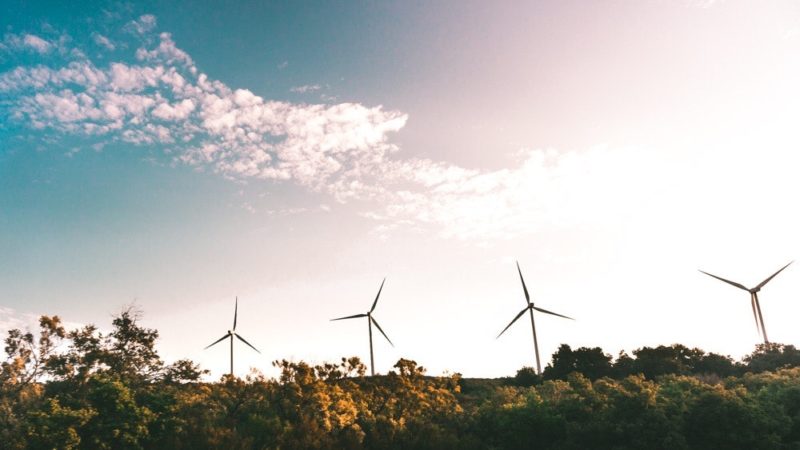
Labour has warned that the government is “seriously off track” to meet its own climate targets and has called on Boris Johnson to make sure his ten-point, low-carbon plan “meets the scale of the challenge”.
Responding to data published by the government at the end of last month and ahead of an expected announcement from the Prime Minister on a climate plan, Ed Miliband stressed the need for more than a “piecemeal set of points”.
The Shadow Business, Energy and Industrial Strategy Secretary said: “It’s good the government is waking up to the fact climate change is one of the most important defining issues we will face in the years ahead.
“But the figures are stark – the UK is seriously behind the government’s own climate targets. Worryingly these are older, less ambitious targets and ministers haven’t managed to even meet them.”
The figures include projections towards the carbon budget targets for greenhouse gas emissions. The 2008 Climate Change Act set a target to reduce emissions by 80% by 2050 against a 1990 baseline. The Tories last year committed to net zero by 2050.
Miliband added: “What we need this week is a plan, not a piecemeal set of points. It needs to be ambitious enough to meet the scale of the challenge, and it needs to reflect the urgency of creating hundreds of thousands of jobs now.”
Labour published its green economic recovery plan last week, which called on the government to bring forward £30bn in capital investment as part of a rapid stimulus package to invest in low-carbon sectors over the next 18 months.
Miliband and Anneliese Dodds challenged the Conservative administration to ‘Build it in Britain’ and support the creation of 400,000 new jobs as part of a green economic recovery from the ongoing coronavirus crisis.
The Shadow BEIS Secretary argued last week that “we get bang for our buck if we invest in green”, urging the government to seize the opportunity to both provide jobs for the UK and help the country combat the climate emergency.
Developed following a consultation on a green new deal launched by the Shadow Business and Energy Secretary in June this year, the proposals being put forward by the Labour Party include:
- upgrading ports and shipyards for offshore wind supply chains;
- expanding investment in carbon capture tech;
- accelerating investment in electric vehicle charging;
- placing new orders for electric buses to help struggling manufacturers;
- creating a new National Nature Service; energy efficiency and retrofit programmes, including in social housing;
- negotiating new sectoral deals to protect jobs and promote the shift to net zero;
- and expanding flood protection investment.
The Institute for Public Policy Research has estimated that the government needs to introduce an investment boost of £33bn a year over this parliament to put the UK on a path to reach its net-zero target by 2050.
The unveiling of the Prime Minister’s plan has been repeatedly delayed, with reports of a clash between Downing Street and the Treasury, but Johnson tweeted last week that he is “looking forward to shortly setting out my ten-point plan”.
Labour sources have suggested to LabourList that Chancellor Rishi Sunak could be behind the delay in the release of the low-carbon industrial revolution plan that was first trailed in Johnson’s 2020 Tory conference speech.
The plan is expected to include commitments on energy efficiency; offshore wind; the power system; nuclear; carbon capture; hydrogen; innovation funding for net-zero; transport; green financing; and natural environment investment.




More from LabourList
‘Tackling poverty should be the legacy of Keir Starmer’s government’
‘The High Court judgment brings more uncertainty for the trans community’
‘There are good and bad businesses. Labour needs to be able to explain the difference’